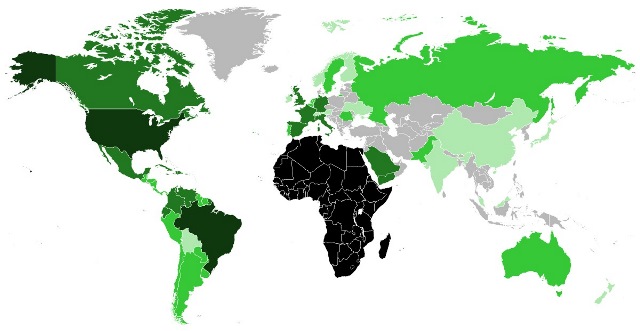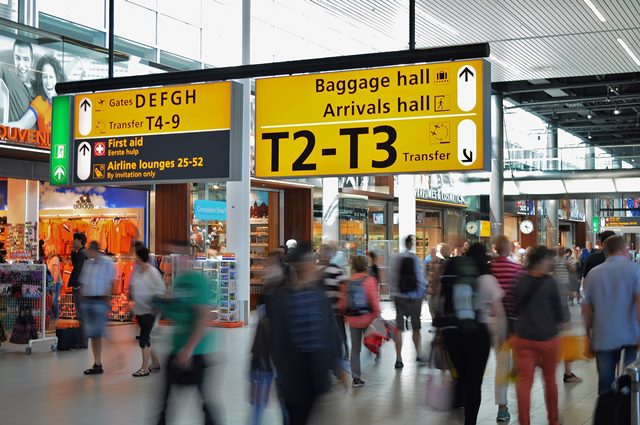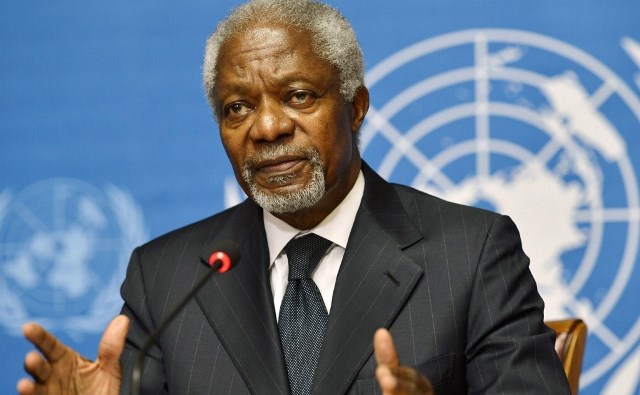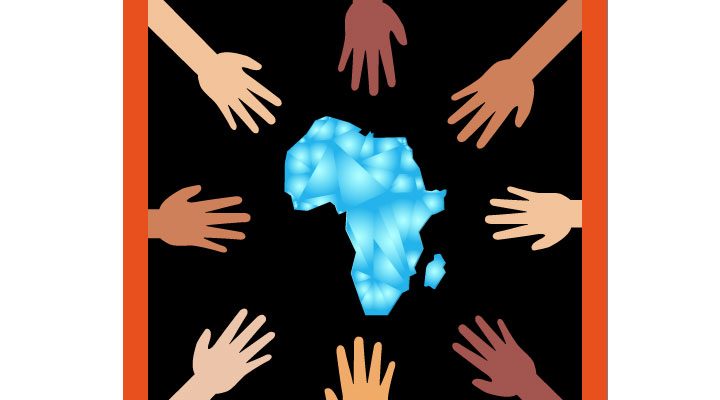The African diaspora spans centuries and continents. Historically and to date, Africans have had a significant and varied impact on the world, from the forced migration of millions of people during the transatlantic slave trade to the voluntary migration of people in search of better opportunities today.
African cultures, languages, and traditions have made a lasting impression on the world – which is impressive in itself.
Therefore, understanding the African diaspora has become essential for comprehending the interconnectedness of our global society and the contributions of Africans to the history of humanity.

Historical Context of the African Diaspora
The African diaspora originates from the historical transatlantic slave trade, which forcibly uprooted millions of Africans from their homes and dispersed them throughout the Americas, Europe, and other parts of the world.
However, there has also been voluntary migration of Africans in the modern era in search of better opportunities. As such, examining the historical background of the African Diaspora is necessary to comprehend the influence of Africans around the world.
The transatlantic slave trade started in the 15th century and continued through the 19th century. During this era, millions of Africans were captured and transported to the Americas. There, they were made to labor in mines and on plantations.
African societies were significantly impacted by the slave trade because entire communities were uprooted, and families were torn apart. Additionally, it had a long-lasting effect on the Americas, influencing their economic, social, and cultural landscape.
Colonialism and Imperialism
During colonialism and imperialism, European powers ruled over a large portion of Africa and frequently used force to subjugate native populations.
As a result, numerous Africans were forcibly removed from their homes and mandated to work in mines and plantations in other parts of the world. And this pattern of forced migration continued long into the 20th century.
Voluntary Migration

Besides forced migration, Africans have voluntarily migrated in significant numbers in search of better opportunities abroad. However, one could argue that the effects of colonialism have caused this.
Economic factors often contribute to this because they want to escape poverty and find better-paying jobs.
Sadly, as Africans flee war-torn areas for safety and security, political unrest and conflict also encourage this trend.
But regardless of all these, Africans worldwide have contributed to culture, which demonstrates the influence of the African Diaspora.
Africans have introduced their languages, customs, and religious beliefs in the Americas, Europe, and other parts of the world. This means that the societies where Africans have settled have benefited from their cultural contributions, which have also influenced the world’s cultural landscape.
Although Africans have made significant contributions to the societies where they have settled, they have also faced numerous difficulties.
For Africans in the diaspora, racism, and discrimination have been ongoing problems because they have experienced prejudice and discrimination based on race and ethnicity.
In addition, many Africans experience difficulties with cultural assimilation and issues of identity as they attempt to navigate the cultural differences between their native continent and their host nation.
The Impact of Africans Across the Globe
To fully appreciate the impact of Africans across the globe, it is important to examine their cultural contributions.
We must also understand the influence of African languages and traditions on global culture and the role of Africans in shaping their host countries’ political and economic landscapes.
What, then, are these impacts? Let’s find out:
Cultural Contributions
We Design & Develop Websites, Android & iOS Apps
Looking to transform your digital presence? We specialize in creating stunning websites and powerful mobile apps for Android and iOS. Let us bring your vision to life with innovative, tailored solutions!
Get Started TodayAround the world, especially in the Americas and Europe, Africans have made significant cultural contributions. The music, dance, and religion of the Americas all reflect the influence of African culture.
Jazz, blues, and rock and roll are just a few musical genres incorporating African music’s rhythms and melodies. African dance styles have greatly influenced samba, salsa, and merengue.
Additionally, African religions like Santeria and Vodou have significantly influenced the cultural landscape of many Latin American nations.
The cultural influence of Africans in Europe is also substantial. African literature, fashion, and art have influenced European culture for centuries.
African fashion, in particular, has recently gained popularity, with designers like Duro Olowu and Ozwald Boateng winning accolades worldwide for their African-inspired designs.
Read: The History and Significance of Kente Cloth: A Symbol of African Identity

Influence of African Languages and Traditions on Global Culture
The languages and customs of Africa have also made a big difference in world culture. For instance, over 100 million people in East Africa speak Swahili, which is widely used as a common language throughout the continent.
In addition, African customs like storytelling have made a lasting impression on world culture. It is no news that Africa has long relied on storytelling to transmit its history, culture, and morals from one generation to the next.
Interestingly, numerous cultures have incorporated this custom into numerous literary and artistic forms globally.
Role of Africans in Shaping Political and Economic Landscapes
Africans have significantly shaped the political and economic environments of their host nations.
A historical example was when African Americans played a significant role in the struggle for civil rights in the Americas, with activists like Malcolm X and Martin Luther King Jr. advocating for justice and equality.
Moreover, African-Americans have been a significant force in American politics in recent years. This is evident with Barack Obama becoming the country’s first black president.
Lastly, Africans have significantly influenced politics and the economy in Europe. Many African immigrants have found success as business owners, and this has helped their host nations grow economically and even create jobs.
African politicians have also significantly influenced European politics, with people like Kofi Annan, the former UN Secretary-General, emerging as world leaders and defenders of human rights.

Challenges Faced by the African Diaspora
The African Diaspora face numerous difficulties in their adopted countries. Understanding the difficulties Africans face in the Diaspora provides the basis for building a more inclusive and equitable society.
Systemic Racism and Discrimination
Systemic racism and discrimination are among the most significant challenges faced by Africans in the Diaspora. This includes racial profiling, police brutality, and employment discrimination.
Due to their race, the African diaspora frequently finds themselves shut out of opportunities and may endure unfair treatment in the housing, education, and healthcare sectors.

We Design & Develop Websites, Android & iOS Apps
Looking to transform your digital presence? We specialize in creating stunning websites and powerful mobile apps for Android and iOS. Let us bring your vision to life with innovative, tailored solutions!
Get Started TodayCultural Isolation
Cultural isolation is another significant issue that Africans in the Diaspora also encounter. African immigrants may find it challenging to feel a sense of belonging in their new country, particularly if there isn’t a sizable African community there.
This isolation can cause feelings of alienation and disconnect that can exacerbate mental health problems.
The African Diaspora Faces Economic Disadvantages
Africans living abroad experience economic disadvantages as well. This means that they might be denied access to well-paying jobs due to discrimination or a lack of access to educational and professional opportunities.
As a result, many Africans in the diaspora might struggle with poverty, unstable finances, and a lack of opportunities for upward mobility.
Health Disparities
Due to genetic predispositions and lifestyle modifications brought on by migration, they may be more susceptible to certain diseases like diabetes and hypertension.
They might also encounter difficulties getting healthcare due to language barriers and a lack of health insurance. This no doubt poses health damages which might eventually lead to death.
The prospect of this happening is scary because some Africans have no relatives in their adopted countries. Plus, discrimination and other factors might not enable them to get help from others.
Language Barriers Facing the African Diaspora
For Africans in the Diaspora, language barriers can be a particularly difficult problem, especially for those who are not native speakers of the language of their new country. Communication with others, using services, and integrating into the neighborhood may be challenging.
Why do we need to make continued research on this topic?

Promoting social justice, equality, and inclusivity requires ongoing study and understanding of how Africans affect the world.
We can learn more about the past, present, and future experiences of Africans in the Diaspora and their contributions to various fields through research.
Research can also shed light on the particular difficulties faced by Africans around the globe. This can help shape practices and policies that advance equity and justice for all.
For instance, research on the health disparities that the African diaspora face can help guide healthcare policies and interventions that cater to their particular needs.
Lastly, studies on the contributions of Africans to various fields can help dispel myths and encourage inclusion and representation. By showcasing Africans’ accomplishments, we can disprove the idea that Africa is one homogenous entity and demonstrate the rich diversity of African cultures.
Before you go…
Hey, thank you for reading this blog to the end. I hope it was helpful. Let me tell you a little bit about Nicholas Idoko Technologies. We help businesses and companies build an online presence by developing web, mobile, desktop, and blockchain applications.
We also help aspiring software developers and programmers learn the skills they need to have a successful career. Take your first step to become a programming boss by joining our Learn To Code academy today!
Put Your Tech Company on the Map!
Get featured on Nicholas Idoko’s Blog for just $200. Showcase your business, boost credibility, and reach a growing audience eager for tech solutions.
Publish Now










